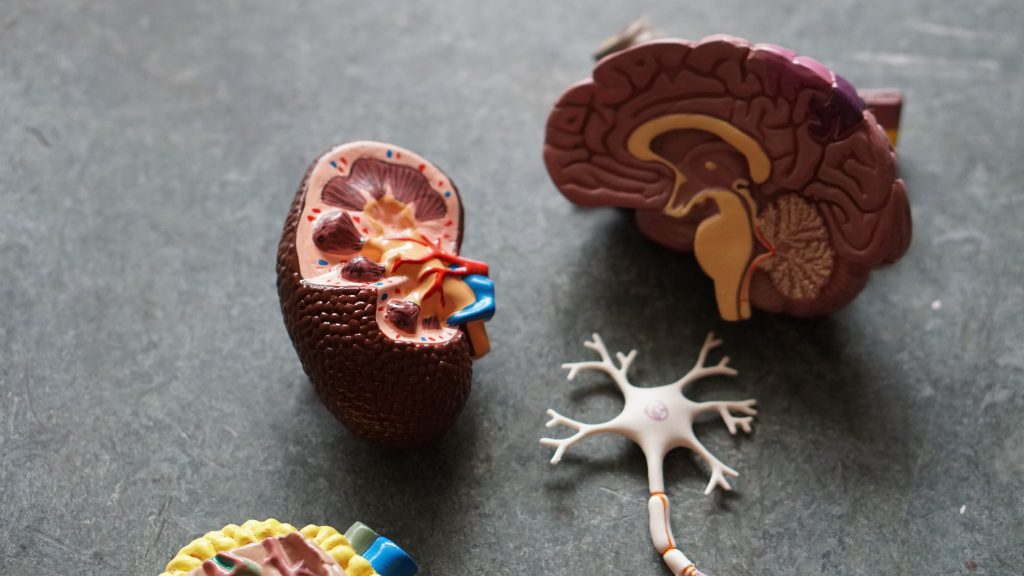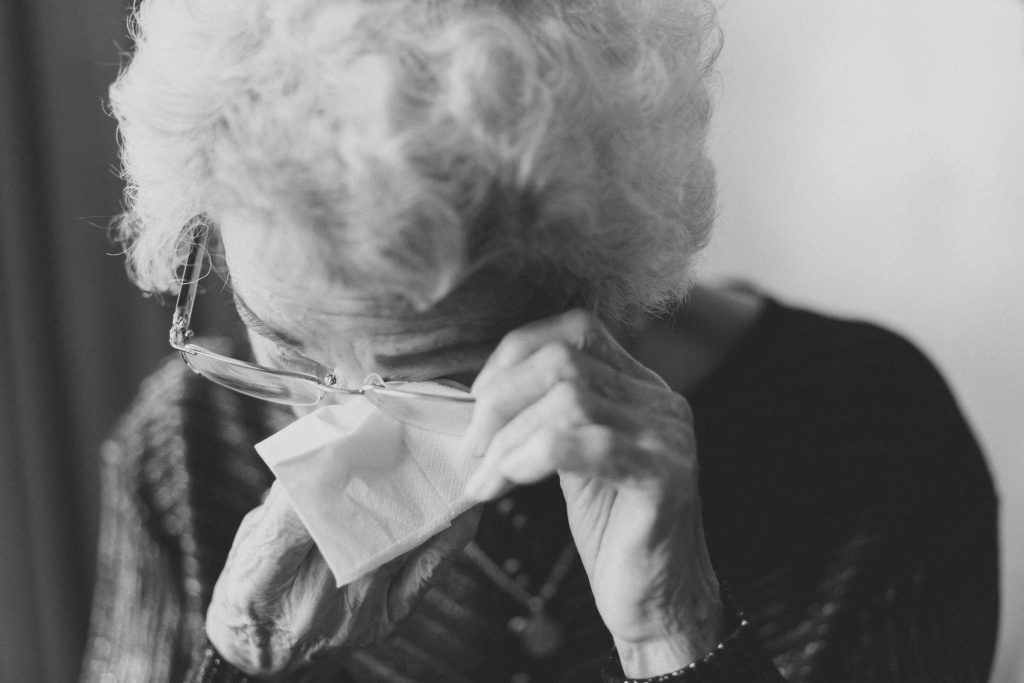Alzheimer’s disease is a source of immense pain for older adults and their families. The uncertainty that comes with an Alzheimer’s diagnosis may cause great distress, but it doesn’t have to mean only bitterness. There is so much we can do for our loved ones ones who suffer from the memory problems and other common symptoms of Alzheimer’s. Named for its discoverer, Alois Alzheimer, this disease causes dementia and cognitive impairment among more than 5 million Americans, according to recent information.
Treatment Options

While great strides toward a cure are being made each day through research and clinical trials, a cure for Alzheimer’s has not yet been found. This doesn’t mean, however, that treatment options designed to make your loved one more comfortable and happy are out of reach. Finding an Alzheimer doctor to help navigate the early stages of memory problems and the mild cognitive impairment that comes along with it is the best way to begin this process. A specialist can recommend therapies, medication, and new treatments that will maintain functionality and positivity, and in some cases, slow the progression of symptoms. With a full medical history and some diagnostic tests like a CT scan and neuropsychological testing, as well as an understanding of your loved one’s particular biomarkers, your doctor can give nuanced recommendations for the best care. It’s particularly important to involve a doctor nowadays because of the advanced risks to older people and those with preexisting medical conditions posed by COVID-19. Dementia can affect one’s behavior and create some difficulties for family members and others. See these dementia and challenging behaviours that you show look out for.
Eating and Drinking
Many dementia patients suffer from changing appetites and difficulty in eating and drinking. This is one of the first problems you should target as a caregiver. If your loved one isn’t eating, he or she will begin to get irritable, tired, or combative. This holds for all of us, but for those suffering from senile dementia or a progressive stage of Alzheimer’s it’s even more important to keep up with proper nutrition. Alzheimer patients need all the strength and hydration they can get. In addition, there are some foods that have been shown to support brain function, such as nuts and fish, so be sure your loved one gets plenty of those.
Hygiene
A robust cleaning regimen is also essential. Coupled with regular meals and a prescribed medical plan, maintaining cleanliness and bathroom habits round out the must-haves in an Alzheimer’s care plan. Unfortunately, some patients forget where the bathroom is or how to use it. They may also become wary of the noise or sight of the shower flow. Maintaining a positive attitude while assisting in these tasks that may be embarrassing is the best way for a caregiver to provide their family member with the dignity and necessary help they need and deserve.
Nighttime Aides

Those suffering from memory loss may have trouble getting to or staying asleep. A poor night’s rest is a recipe for a bad day, so utilizing a few simple tricks can make a world of difference. Alzheimer’s dementia seems to affect the ability to understand the difference between night and day, so a clock designed specifically to convey this information could be all you need to clarify the appropriate behavior at 3 am. Some patients also find a nightlight or blackout curtains to be the push needed to remember that it’s nighttime.
Caring for Yourself
Finally, you need to remember to care for yourself. Acting as the primary caregiver for an Alzheimer’s patient is an incredibly challenging job. You need to maintain hygiene and proper nutrition, but also maintain a quality of life that exceeds simply eating, sleeping, and caring for your beloved family member. Joining a support group or rotating with other siblings can give you the relief that you need to keep going for your loved one.
Keeping your loved one happy and healthy can feel like a full-time job, but with a little help from family, friends, and doctors, and the addition of a few simple tools you can improve the quality of life for your patient and maintain your own positivity at the same time.
I’m a 20-something stay-at-home mother and wife. I have an amazing husband, a beautiful daughter, two loving dogs, and a lazy cat. I wouldn’t change my life for anything! I love to read, listen to music, cook and blog!




Speak Your Mind